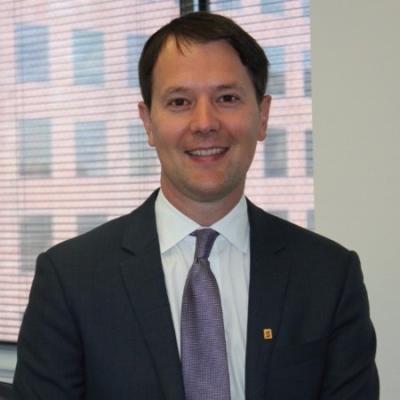Building AI Bench Strength
How to move beyond enthusiasm or confusion over artificial intelligence to position your organization for the coming revolution
Artificial intelligence — machine learning and deep learning — has been described as a general purpose technology, potentially as transformative as the steam engine or electricity. Technology companies and early adopters in insurance and retailing may be the first to ride this wave but almost all organizations will need to ensure their structures, knowledge base, workforce makeup, and processes are primed to make the most of the opportunities.
Given the speed and complexity of change, few organizations are in a comfortable place. In a survey of senior executives worldwide by PwC, 54 percent of respondents said they were now making substantial investments in AI — but only 20 percent said their organizations had the necessary skills to succeed.
Closer to home, a recent survey of Canadian executives by McKinsey found plenty of enthusiasm but also gaps in strategic thinking and a spotty knowledge of AI beyond traditional analytics. Part of the way forward, according to McKinsey, involves building analytics capabilities, finding the right talent to transform analytics into actions, and managing the impact on employees during the transformation.
In this webinar, Smith School of Business professor Stephen Thomas is joined by Mark Wagner, vice-president of analytics, Global Risk Management, at Scotiabank, to discuss the human dimension in AI readiness.
Participants will learn about:
- What artificial intelligence is and what it’s not
- The kind of workforce and skillsets necessary to realize the benefits of AI
- Where to find the right talent within your organization and from outside
- The role universities play in developing the new generation of employees who can bridge the AI-productivity gap
- How a Big-Five bank is managing the transition to AI-enabled insights and services
Session Participants

Mark Wagner
Mark Wagner is vice-president of analytics, Global Risk Management at Scotiabank. Mark is responsible for overseeing the advanced analytics area, risk-return strategy development, and portfolio insights across Scotiabank’s global footprint in Canada, Caribbean, and Latin America. Starting in 2009, he has lead a number of key areas across retail risk starting with Credit Cards, and moving on to oversee strategy, model management, and the setting of global risk appetite controls. Prior to Scotiabank, Mark held progressive roles across the financial services industry, consultancy, and investment research, as well as in public policy as a federal government economist in strategy and innovation research. He holds Masters degrees from Smith School of Business in management analytics and Wilfrid Laurier University in business economics.